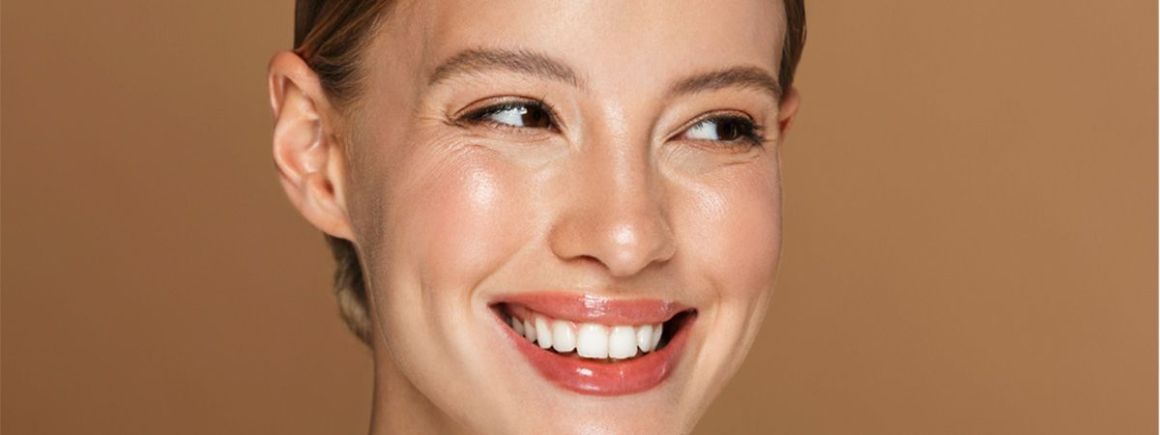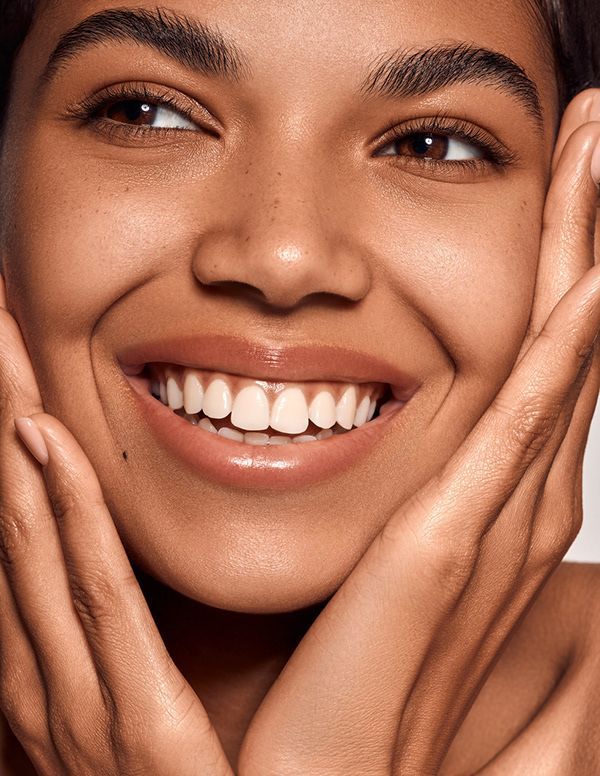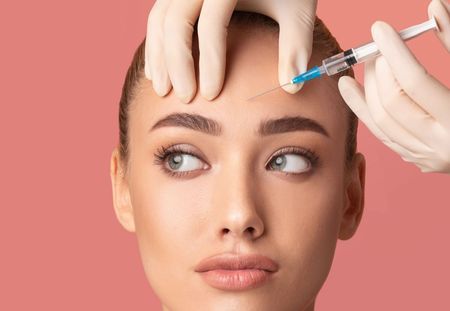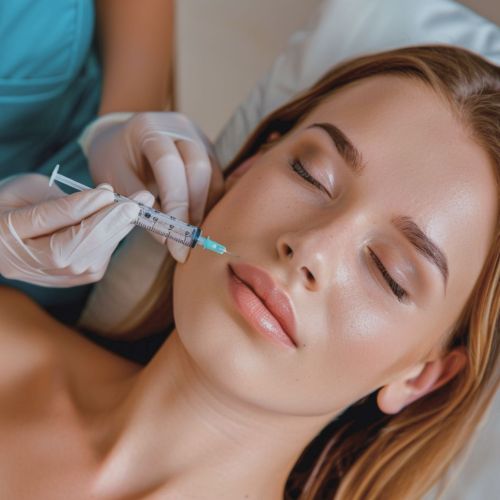Le bruxisme est une condition qui se manifeste par un grincement ou un serrement inconscient des dents, généralement durant la nuit.
Cette habitude peut être un réflexe lié au stress ou à des problèmes dentaires sous-jacents. Cependant, les conséquences ne se limitent pas à une simple gêne dentaire et impactent l'esthétique global du visage.

Bilan personnalisé
Afin de déterminer le soin le plus adapté, une première consultation est préconisée.
L'objectif est d'analyser vos besoins et d'établir un plan de traitement sur-mesure.
Bruxisme et esthétique
Le bruxisme peut avoir un impact profond sur l'esthétique du sourire et du visage, causant un vieillissement prématuré et une altération des traits.
Les solutions esthétiques modernes permettent de corriger ces effets visibles, mais aussi d’atténuer les possibles douleurs.
Bien que le bruxisme soit fréquent, il demeure souvent non diagnostiqué jusqu'à ce qu'il cause des douleurs ou des dommages significatifs aux dents et à l’articulation temporo-mandibulaire (ATM).

Les conséquences esthétiques du bruxisme
Le bruxisme prolongé peut entraîner des modifications notables et visibles.
Le frottement constant des dents abime l’émail des dents ce qui les sensibilise.
De plus, cette action peut donner un aspect irrégulier.
L’usure dentaire modifie la hauteur de votre mâchoire, ce qui peut provoquer un affaissement visible du bas du visage.
Le raccourcissement des dents et l’altération de leur alignement affecte l’aspect de votre sourire.
Les muscles masséters sont situés au niveau des mâchoires.
En cas d’hypertrophie, en plus des douleurs, cela peut provoquer une asymétrie du visage ou du moins une apparence anguleuse.
Ces changements esthétiques peuvent altérer la perception de soi et affecter votre confiance au quotidien.
Si vous constatez des signes de bruxisme ou observez un changement au niveau de votre visage ou de votre dentition, il est essentiel de consulter un professionnel de santé.
Les causes du bruxisme
Comme toute pathologie, il y a des conséquences, mais également des causes.
Il est important de les connaitre afin de prendre conscience du problème et de pouvoir y remédier à son échelle.
Le bruxisme peut être déclenché par :
Le stress et l’anxiété
Une pression psychologique constante, qu'elle soit liée au travail ou à des événements de vie stressants, peut mener à un serrement inconscient des dents.
Les problèmes dentaires
Des dents mal alignées ou manquantes peuvent provoquer des mouvements incorrects de la mâchoire, ce qui peut entraîner du bruxisme.
Les troubles du sommeil
Le bruxisme est souvent associé à des troubles du sommeil, comme l'apnée du sommeil ou l'insomnie. On parle alors de bruxisme nocturne.
Les facteurs environnementaux
Une consommation excessive de caféine, d'alcool ou de médicaments stimulants peut augmenter le risque de grincement des dents.
Nos solutions
D’un point de vue esthétique, Clinique du Lac est en mesure de vous proposer 2 solutions : les injections de botox (toxine botulique) et/ou d’acide hyaluronique.
Le botox va détendre les muscles masséters et ainsi réduire les tensions musculaires. Les muscles n’étant plus sous tension, le bas du visage se retrouve affiné.
L’acide hyaluronique, quant à lui, va agir en tant qu’agent de comblement.
En cas de perte de volume facial causée par l’usure dentaire, des injections d’acide hyaluronique seront utiles pour redéfinir et équilibrer l’ovale du visage.
Le bruxisme, bien qu'il soit courant, peut avoir des effets dévastateurs sur votre santé dentaire et votre apparence esthétique.
Si vous êtes préoccupé par cette condition ou si vous avez déjà observé des symptômes, il est important d’agir rapidement.
N’attendez plus et réservez dès maintenant votre rendez-vous !


